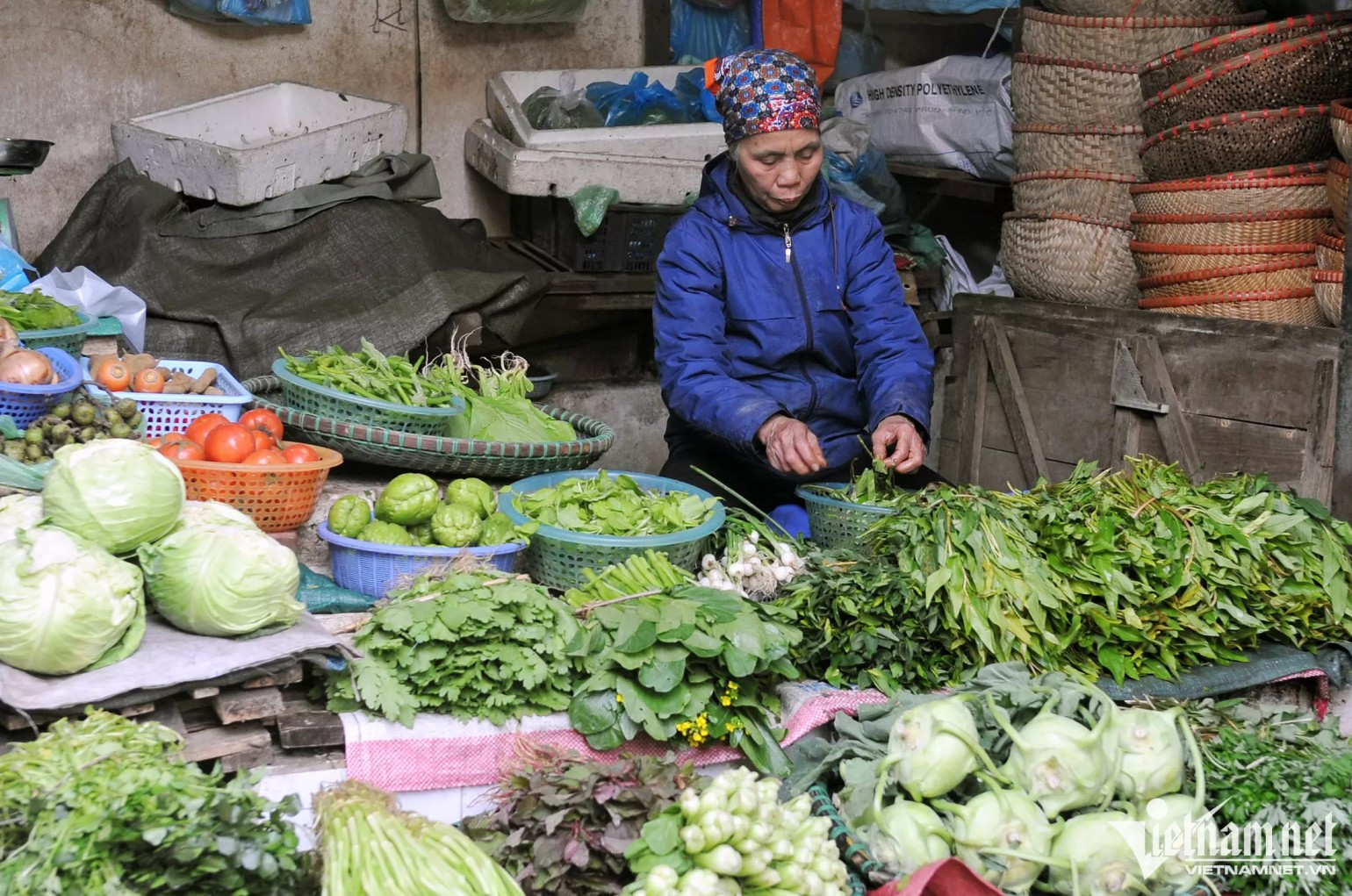
Vo Thi Kim Phuong, a small trader at Binh Thoi Market in district 11, said the prices of some pork products have increased by 15 percent and she cannot understand why pork prices have not fallen though gasoline prices have dropped sharply.
“The cost prices are high, even pork fat is expensive, so we cannot reduce selling prices. I don’t know how I should explain the increase when I am asked by consumers,” she said.
The pork prices at Nguyen Tri Phuong Market in district 10 have also increased. Shoulder cuts increased from VND130,000 per kilogram on July 1 to VND136,000 on July 26, while cutlets went from VND125,000 to VND135,000 and pig’s legs from VND110,000 to VND122,000.
At Hoc Mon Wholesale Market, first- and second-class live weight prices of pig in June were VND58,000 and VND56,000 per kilogram, respectively. The prices rose to VND68,000 and VND64,500 per kilogram, respectively, on July 25.
According to AgroMonitor and Viettraders, on July 25, pork prices in Vietnam were higher than in Cambodia, Laos and Myanmar, equal to Thailand, and lower than China.
Live weight prices of pigs were VND68,000-70,000 per kilogram in the north, VND63,000-66,000 per kilogram in the central region, VND66,000-68,000 in the southeast region and VND63,000-66,000 in the southwest region.
After three adjustments on July 1, 11 and 21, the RON95 price has dropped by VND6,800 per liter, and E5 by VND6,230 per liter compared with June 21. Meanwhile, food prices have not decreased.
Nguyen Thi Thu Ha, a petty merchant at Binh Thoi Market in district 11, complained that she could sell only half a chicken and half duck on July 26. As prices are escalating, sales are going very slowly. Chicken is now sold at VND140,000 instead of VND120,000 per kilogram.
Vegetable prices have also been escalating. Bitter melon is selling at VND40,000 per kilogram because the cost price has increased from VND20,000 to over VND30,000 per kilogram.
“As prices are high, products are not selling. Only some kinds of fruit from Da Lat have seen a slight price decrease thanks to lower transportation costs,” Hong said.
Nguyen Bich Lam, former director general of the General Statistics Office (GSO), said it was understandable why goods prices have not decreased despite the sharp fall of gasoline prices. Consumers have become familiar with and accepted the new price levels. Another reason is that no one knows if petrol prices will remain stable or increase again in the future, so sellers are hesitant to adjust prices.
Tam An